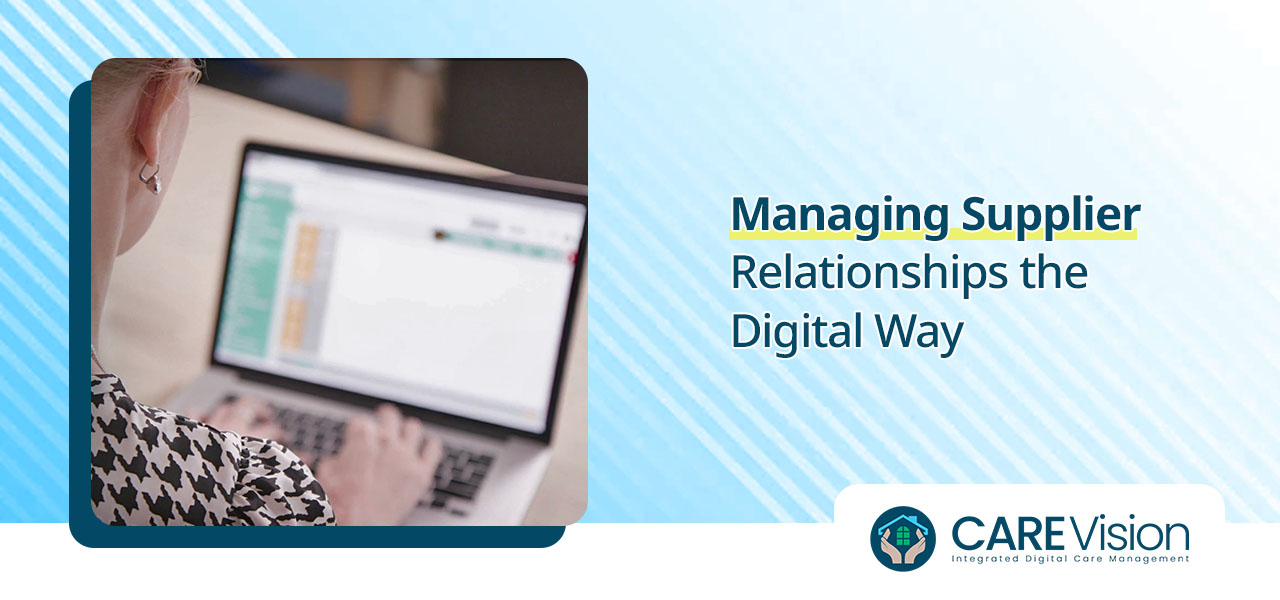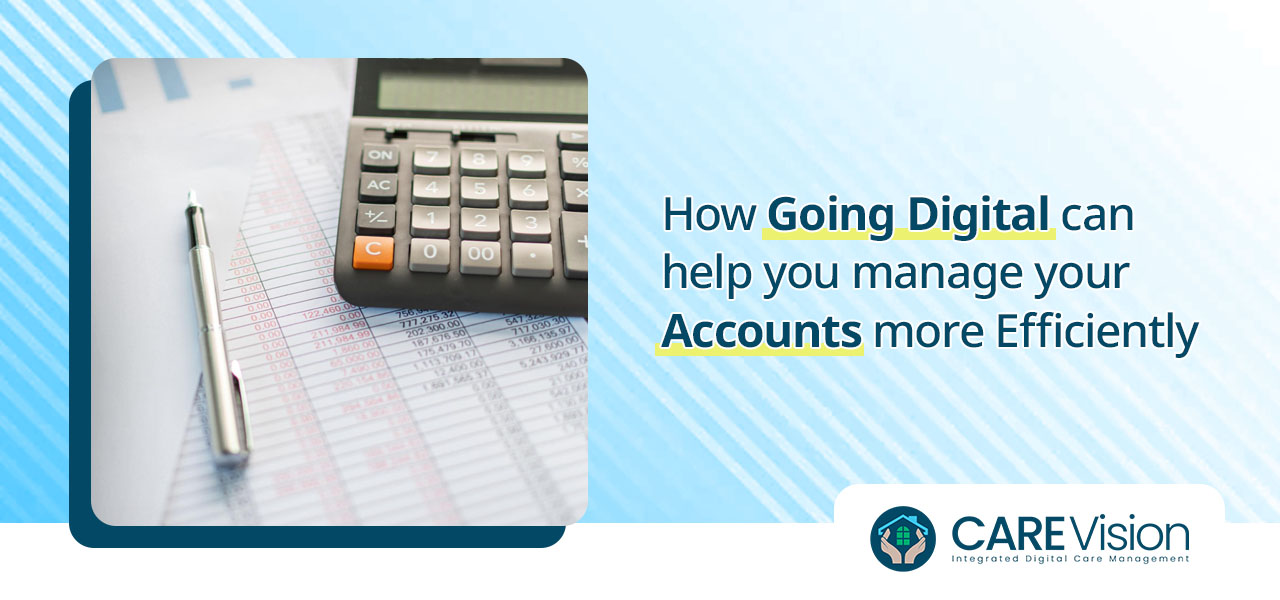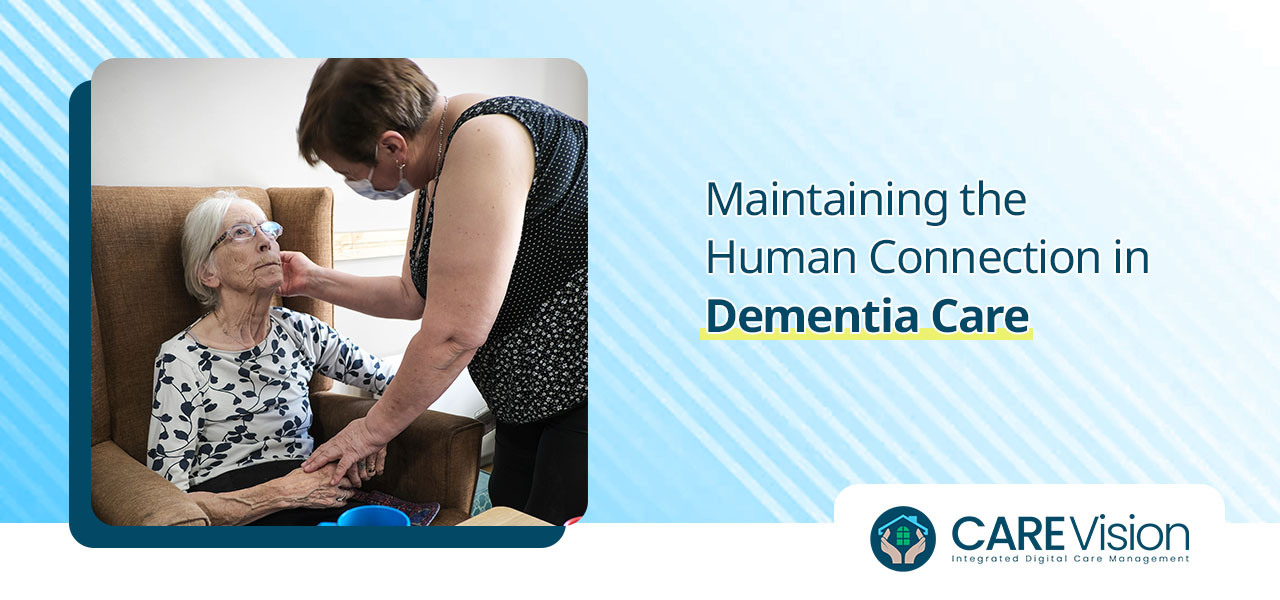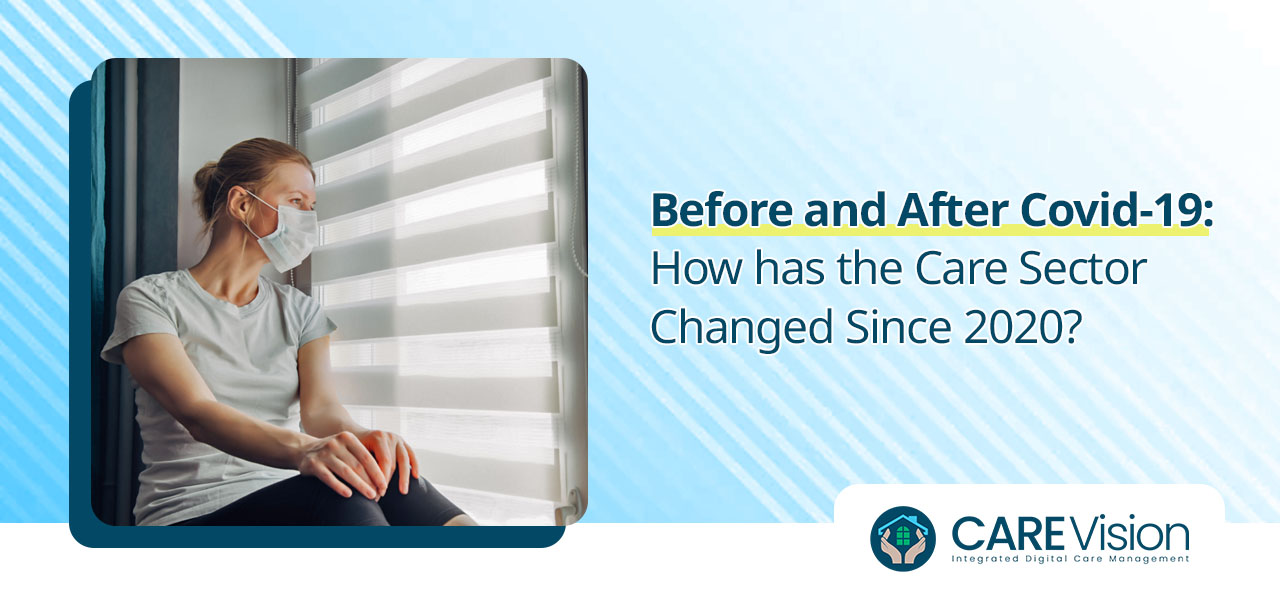When someone moves into a care home to receive increased support with their medical and social care, they may not be ready to give up all their independence at the same time. Depending on their physical and mental health and their capacity for making decisions and looking after themselves, many residents can benefit hugely from being allowed to retain as much independence as possible. This can cover a wide range of everyday areas, from managing finances to arranging their own social lives.
Care Vision comprises a large number of tools designed to help residents live as independently as possible, while benefitting from specialist support when required. The set-up can also offer huge reassurance to family members and friends keen to support their loved one in residential care. Here are some of the ways in which Care Vision can support independence for people living in care homes.
Money management and Care Vision’s Residents Fund tool
One key tool that supports financial independence is the residents fund function, which helps residents keep track of their own money. Family members can pay in, manager an track spending via the Care Vision app. The resident can also access the fund and withdraw money to pay for things like hairdressing, chiropody, hobbies, entertainment and luxuries. Other functions include creating budgets, viewing statements and managing incoming and outgoing funds at a glance. Data is securely protected with access only granted to those who specifically need to be involved.
Staff rota, electronic visitors book, trips and social events
Residents who are keen to maintain links with the outside world can be supported in doing so with a number of Care Vision tools. The staff rota planning tool helps the care home ensure that there are enough staff present to facilitate day trips and host visiting speakers, arts and crafts leaders, musicians and anyone else with whom the residents are keen to interact. An electronic visitors book helps keep track of who is in the care home at any one time, adding to the security and safety of everyone involved in a family visit, social event or planned activity.
Procurement, planning and physical independence
Residents with limited mobility often need additional support to help them move around the care home independently and enjoy a better quality of life. Care Vision’s planning and procurement capabilities can help care managers identify and acquire physical mobility aids, such as grab rails, stair lifts, ramps and improved lighting, to help residents stay fit, healthy and on their feet for as long as possible. Staff rotas can also ensure that key medical staff including physiotherapists, nurses and carers are available to help people stay mobile and avoid any trips or falls.
Meal planning, dietary needs and tracking nutrition
They say that ‘you are what you eat’. Helping residents make informed choices around their meals, nutrition and hydration will enable them to stay healthy, grow stronger and feel more encouraged to come to communal areas for meals and interact with the rest of the care home community. Knowing that they can choose food and drink that matches their personal preferences, dietary needs and religious or cultural requirements can empower and encourage residents. It can prolong their independence around choosing and consuming meals and snacks for themselves. None of us like being forced to eat or drink things that we don’t like, or know are not beneficial for our emotional or mental health. Monitoring functions from Care Vision around weight, hydration, nutrition, mood and behaviour can help staff keep track of their residents activities around food and mealtimes and support them as required.
Person-led care, personal choices and record-keeping with Care Vision
There is a huge emphasis in the care sector right now on person-led care. In other words, involving the person in their own care planning as much as possible. Care Vision not only has capacity for carers to keep detailed records on what people want to happen to them, it also holds records on each resident’s likes, dislikes, personal history and more. The more agency a person feels that they have over their own body, medical treatment and support work, the more independently they can live and more effectively they can plan ahead.






